| |  | | | Israel Pushes North: Lebanon Invasion Begins By Gregg Roman ● Sep 30, 2024 Smart Brevity® count: 4.5 mins...1176 words Israel's ground invasion of southern Lebanon marks a pivotal moment in the Middle East's security landscape. In this newsletter, we explore the military, financial, and geopolitical ramifications of this move, along with other critical developments in the region. From the aftermath of Nasrallah's assassination to Iran's tightening grip on Iraq, these events are shaping the future of Israel and its neighbors. | | Israel Invades Southern Lebanon 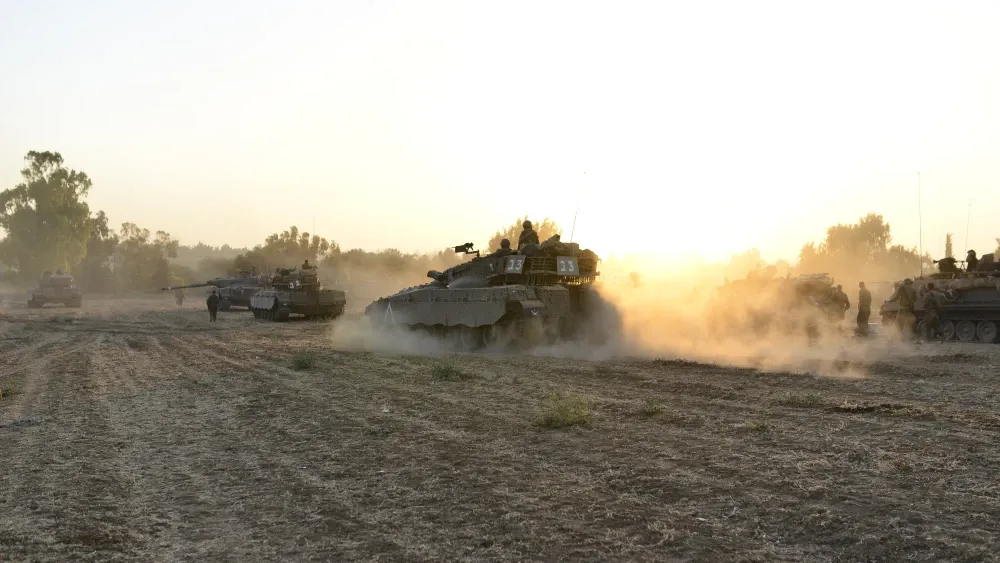 By Gregg Roman Israel has launched a significant ground invasion into southern Lebanon, marking a dramatic escalation in its conflict with Hezbollah. Why it matters: This move aims to secure Israel's northern border and dismantle Hezbollah's military capabilities. Driving the news: -
The IDF has initiated "limited, localized, and targeted" raids, disrupting Hezbollah's command and control structures. -
The invasion involves special forces and artillery support, focusing on Hezbollah's military infrastructure along the border. Details: -
Operations: Israeli forces have utilized tunnels and surface routes to launch incursions, with artillery support from M109A5 "Dohar" 155mm Self-Propelled Howitzers. -
Leadership: The IDF has eliminated key Hezbollah leaders, including Eid Hassan Nashar, the commander of Hezbollah's medium-range rocket force. -
Airstrikes: Israeli airstrikes targeted the Mezzeh district of southwestern Damascus, demonstrating Israel's commitment to disrupting Hezbollah's support networks. -
Withdrawal: The Lebanese Army has redeployed near the Litani River, and UNIFIL forces have begun evacuating their positions near the border. What's next: -
International Response: The Pentagon is deploying thousands of additional troops to the Middle East, and several embassies are evacuating non-essential staff. -
Civilian Impact: The IDF has declared a closed military area near the communities of Metula, Meshgav Am, and Kfar Giladi. Residents in northern Israel must stay near protected areas until further notice. The bottom line: -
Comprehensive Approach: Israel's comprehensive approach includes military, technological, economic, and diplomatic fronts. -
Global Impact: The operation's success will likely influence global counter-terrorism strategies, potentially redefining how nations address threats from non-state actors. | | Impact of Nasrallah's Assassination 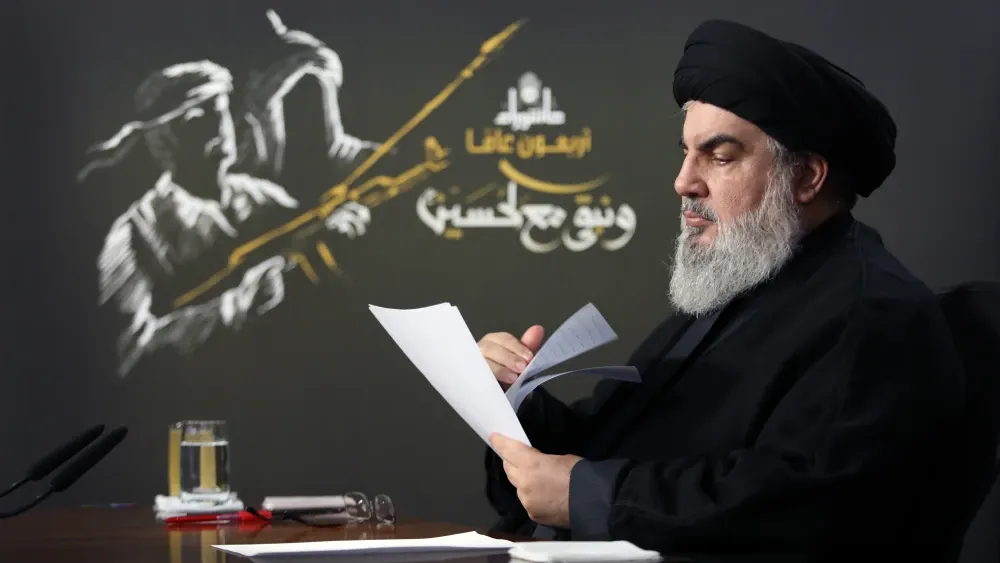 By Jonathan Spyer Hassan Nasrallah's assassination marks a significant moral and strategic blow to Hezbollah and Iran's regional influence. Why it matters: Nasrallah was a key figure in Iran's bid for hegemony in the Arab world, leading Hezbollah with considerable power in Lebanon and beyond. The big picture: The killing of Nasrallah, following a series of targeted strikes on Hezbollah's leadership, weakens the group's operational capabilities but does not eliminate its threat. What's next: The assassination could provoke further retaliation from Hezbollah or Iran, potentially escalating into broader regional conflict. | | Starving Hezbollah of Funds 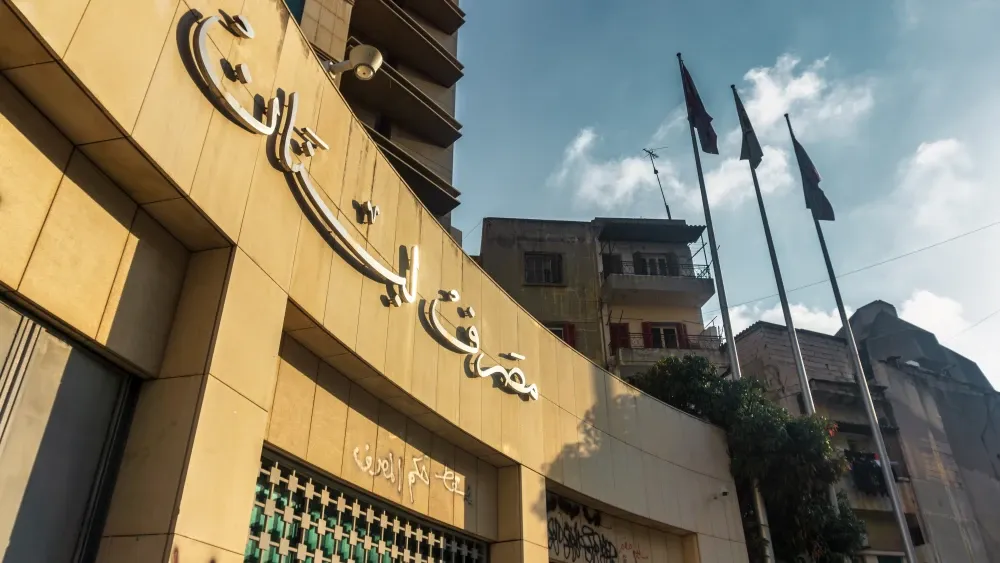 By Gregg Roman Israel's strategy to defeat Hezbollah must extend beyond the battlefield to cut off its financial resources. Why it matters: Hezbollah's financial networks fund their operations and influence, making economic warfare essential to undermine their capabilities. By the numbers: Hezbollah's Captagon drug trade and cryptocurrency transactions are major revenue sources. Driving the news: Recent targeted strikes have significantly weakened Hezbollah's leadership, but financial warfare is crucial to sustain these gains. -
Sanctions must extend to family members and associates, and heightened scrutiny is needed in banking sectors of countries like Lebanon, West Africa, and South America. What's next: International cooperation and advanced technologies can intercept bulk cash smuggling and dismantle Hezbollah's financial networks. Details: Infiltrating informal money transfer systems like hawala networks is essential. The bottom line: The battlefield has evolved, and new weapons are financial regulations, international cooperation, and cutting-edge technology. | | Buffer Zone for Israel-Lebanon Peace 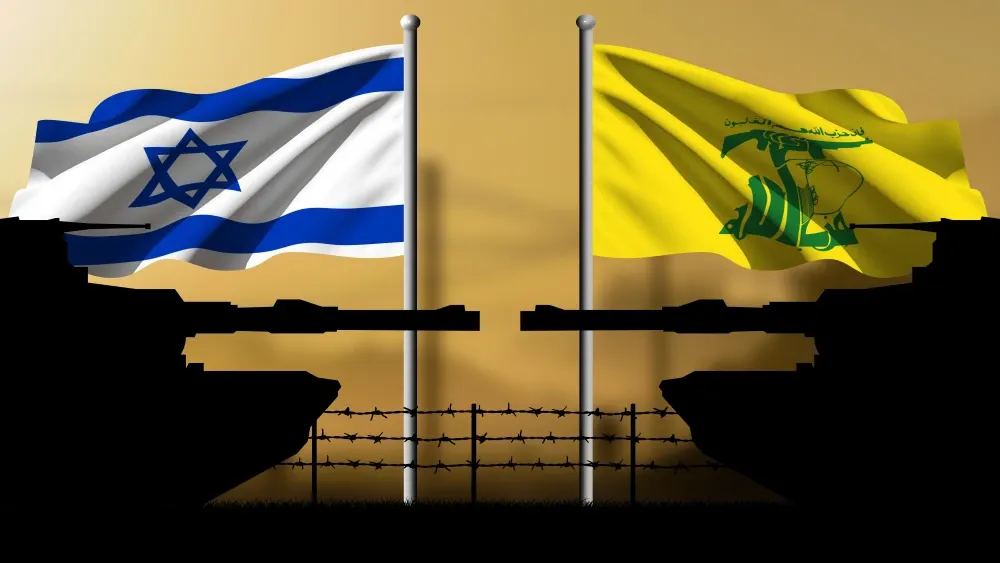 By Karim A. Souaid A demilitarized zone (DMZ) between Israel and Lebanon could deter violence by non-state actors and pave the way for reconciliation. Why it matters: Establishing a DMZ would reduce the potential for armed conflict, creating a safer environment for dialogue and eventual peace. The big picture: The DMZ would extend from the Damour River to the Israeli border, prohibiting all military presence and monitored by police patrols. -
This setup would help deny space to infiltrators, using drones, cameras, and other advanced technologies. What's next: Both the Lebanese and Israeli governments must agree to the DMZ, with global powers endorsing the arrangement. | | Iran Consolidates Power in Iraq 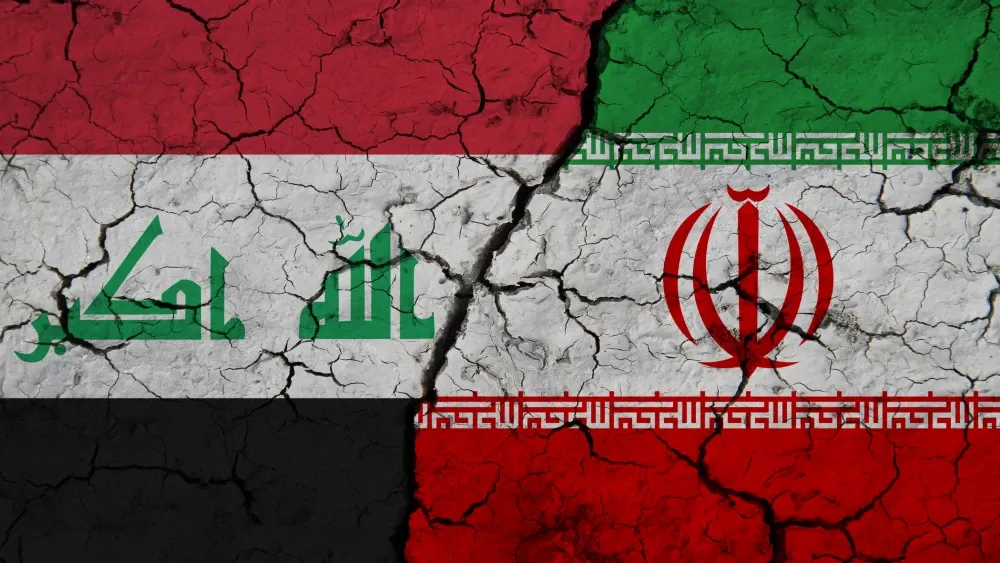 By Jonathan Spyer Iran is increasingly using Iraq as a hub for regional power projection through Shi'ite militias. Why it matters: The consolidation of Iranian influence in Iraq poses significant implications for regional stability and the strategic balance in the Middle East. Driving the news: Recent drone attacks by the Islamic Resistance in Iraq on Israeli targets highlight the active role of Iranian-backed militias. The bottom line: Iran's strategic positioning in Iraq strengthens its regional power axis, impacting geopolitical dynamics and security in the Middle East. | | Can Iraq Avoid Lebanon's Fate? 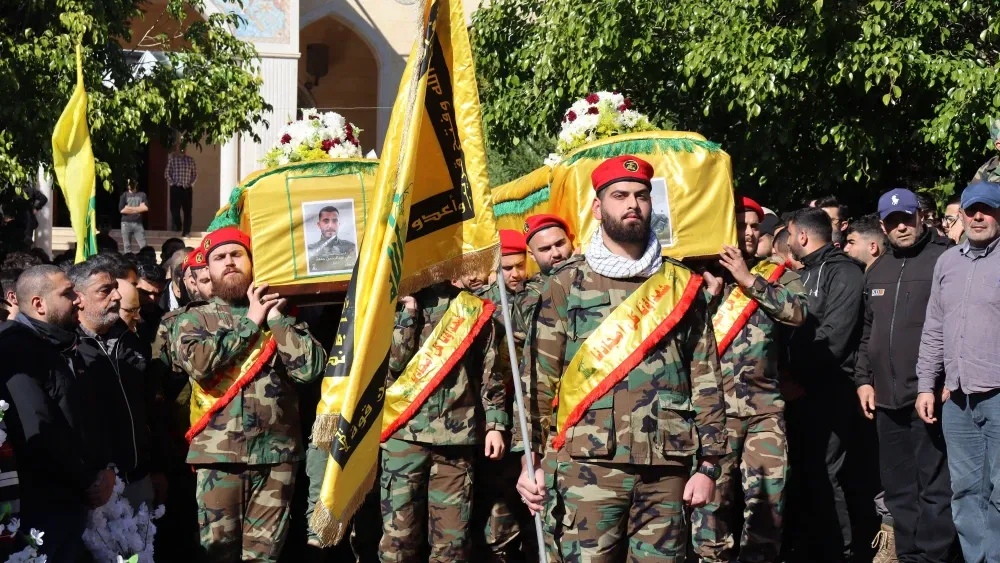 By Michael Rubin Iraq faces a choice: follow Lebanon's disastrous path or prioritize its own sovereignty. Why it matters: The death of Hezbollah leader Hassan Nasrallah has created a power vacuum in Iran's "Axis of Resistance." Driving the news: -
Nasrallah was a key figure in the resistance front, and new leader Hashem Safieddine lacks his influence. -
Iraqi Prime Minister Mohammad Shia al-Sudani must decide whether to defend Iran's proxies or prioritize Iraq's sovereignty. The bottom line: Iraq's leadership must act decisively to avoid Lebanon's fate and ensure its sovereignty and development take precedence. | | The United States' security interests in the Middle East hinge on stability and the defeat of terrorist organizations like Hezbollah. Israel's decisive action in southern Lebanon is not just about securing its own borders—it directly impacts America's broader strategic goals. A weakened Hezbollah, and by extension a diminished Iranian influence, would contribute to a more stable region. The best chance for peace, both for the Middle East and U.S. interests, is for Israel to win this war and neutralize the threats at its northern border. Until next time. Gregg Roman
Director
Middle East Forum | | | | Feedback Please share your thoughts on this edition. Was this edition useful?  
Your responses are anonymous |        MEF, an activist think tank, deals with the Middle East, Islamism, U.S. foreign policy, and related topics, urging bold measures to protect Americans and their allies. Pursuing its goals via intellectual and operational means, the Forum recurrently has policy ideas adopted by the U.S. government.
Copyright © 2024 Middle East Forum, All rights reserved.
Our mailing address is:
Middle East Forum
1650 Market Street, Suite 3600
Philadelphia, PA 19103 | | | | | Powered by 
| | This email was sent by Middle East Forum via Axios HQ | | | |
0 коммент.:
Отправить комментарий